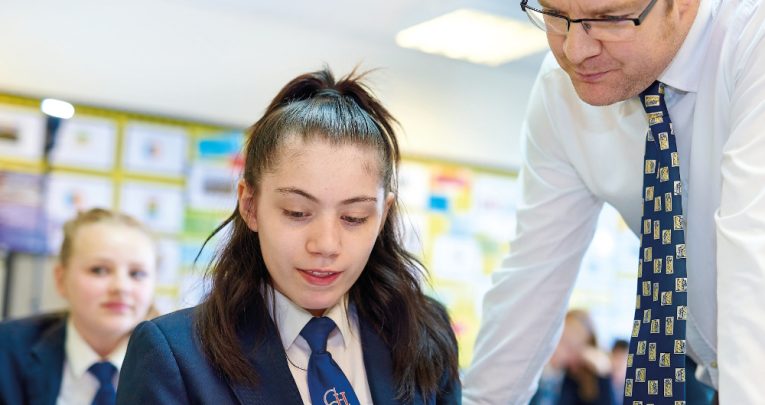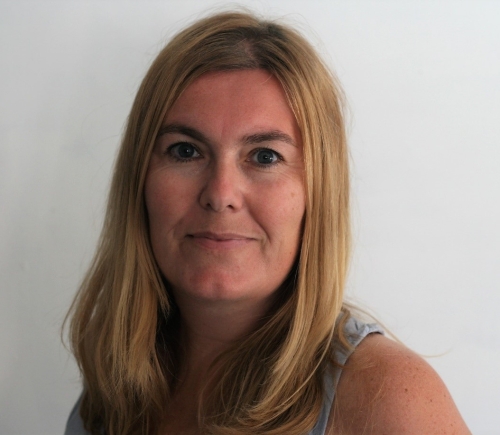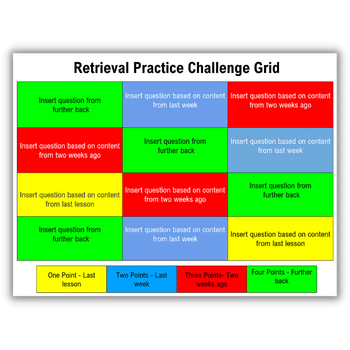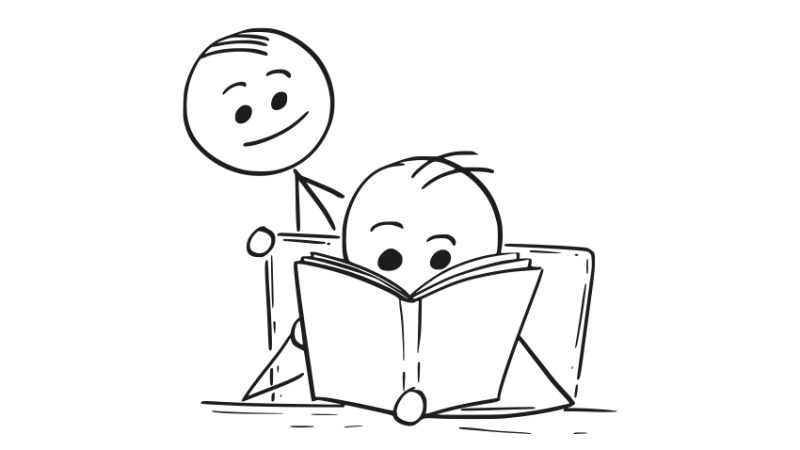What the Chartered Teacher Research Project Taught Me About Effective Exam Preparation

Participation in the Chartered Teacher programme has enabled Dawn Cox to conduct her own research around structured support for independent learning…

- by Dawn Cox

“Students need to be independent learners” is something you will often hear. I don’t disagree; however I don’t believe that any of us are born to be natural learners, and many of us won’t organise ourselves unless there is some sort of support or deadline to push us there.
Before I started the Chartered Teacher programme, I was already fully implementing some of the key ideas around cognitive science in my classes and as part of GCSE homework.
Testing has been an important part of my lessons for a long time and the recent focus on this as one of the most-effective methods for learning long term, led me to make it more structured and part of our department day-to-day practice.
I approached the Chartered Teacher research project with the aim to develop what we’ve been doing with the students to extend beyond the classroom.
The programme has helped prepare for this project with a day of input on research, how to create a research question and how research can be done. It has also provided webinars, online courses and forums for support in the process.
Shared knowledge
I’ve long lamented the use of the term ‘revision’ and therefore wanted to avoid it in my research as much as possible. It’s usually associated with cramming or massed practice just before an exam.
On the whole, students don’t know what revision means, and certainly aren’t aware of the most-effective strategies.
So, what to call it? I needed something that encapsulated what they would be doing. Retrieval practice? Independent study?
In the end, I went for ‘Independent Review’; a reviewing process of what they’ve already been taught in class, done by themselves.
To support students’ understanding of why massed practice just before an exam isn’t the best way to prepare, we shared with them some of the research on learning; mainly the Ebbinghaus forgetting curve and a diagram showing spaced retrieval, plus a table of Dunlosky’s summary of the most effective methods for learning.
These illustrate three main concepts: that they need to do something quickly to stop forgetting; that this is most effective when done with increasingly wide gaps; and that testing is one of the best ways to support this process.
We looked at the least-effective methods, such as re-reading their notes – which is what they would instinctively do for ‘revision’.
I think it’s important to share this information with the students. They could easily think, ‘this is just another thing that Miss Cox wants us to do’.
However, it isn’t just about my subject. Teaching them these foundations means that they could apply them to all their learning, regardless of what their teacher does/doesn’t do.
I want learners to understand that what we do has some reasoning behind it, in the hope that this might be more motivational to them.
In fact, my project is focused on exactly this; does knowing the research and the reasoning behind things they are asked, motivate pupils more? Is it more likely to make them independent? Or is this knowledge not enough to change what they do?
The process
Next, we needed to structure a process for our students; one that they could carry out independently but with the support of resources.
We gave them all a revision guide for the GCSE.
We also have created a website just for our subject with information about the course and resources to support them, plus, crucially for this independent review, access to the quizzes that we have made for each aspect of the GCSE.
We’ve made these over the past three years and there are still a few to go. They’re Google form quizzes which mark themselves and let us know who has completed them.
Within the books and again on our site are also lists of practice exam questions.
This is where we can guide, then; but need students to start being autonomous.
To this end, we created a tracker card which has all the topics on and then three potential ways to review: Read+, Quiz and Exam practice.
- Read+ means to read the relevant indicated pages in the guide or read their own notes on the topic. The + means that they must do something with this information to transform it into something to help process it; a mindmap, some bullet points or a diagram of some sort.
- Quiz means to complete the Google quiz and get full marks.
- Exam practice means to complete a 4/5/12 mark question.
We’ve offered them a notebook to complete the Read+ and exam practice in.
It’s important to note that I really didn’t want this process to cause much work for us as teachers, as it’s above and beyond students’ normal classwork and homework; it’s extra. So how do we know they’re doing it?
Well, they can give us their workbook to look at. We can see the transformed notes. We can then mark the exam answer if they want us to. It is very light touch; it’s a ‘well done’ or a ‘add this’.
Nothing onerous for the teacher. The quizzes are easy to monitor as we receive an email when they do a quiz.
We’ve also told parents about this. We hope they will also encourage their child to engage with this. It will certainly be mentioned every parents’ evening!
Making a difference
The point of my Chartered teacher project is to see what impact this structure might have, not on students’ learning, which would be almost impossible to quantify, but on how motivated they are, and whether they understand why long-term learning is important.
My hypothesis is that those students most likely to engage with this, may well do things independently anyway, so the benefit to them will be greater focus, and the use of key principles for learning.
For those who don’t do anything extra, it will always be there if they suddenly decide to engage – but I’m not convinced that those that don’t complete homework will suddenly engage with this.
Nonetheless, I think that instead of waiting until year 11 and telling students to ‘revise’, we’ve begun a important process that may change their minds about how they can prepare long-term not only for exams, but also for learning itself.
I will be sharing the results as part of the Chartered Teacher course programme with other participants in July.
Dawn Cox is a teacher of RE in Essex. She blogs at missdcoxblog.wordpress.com.











